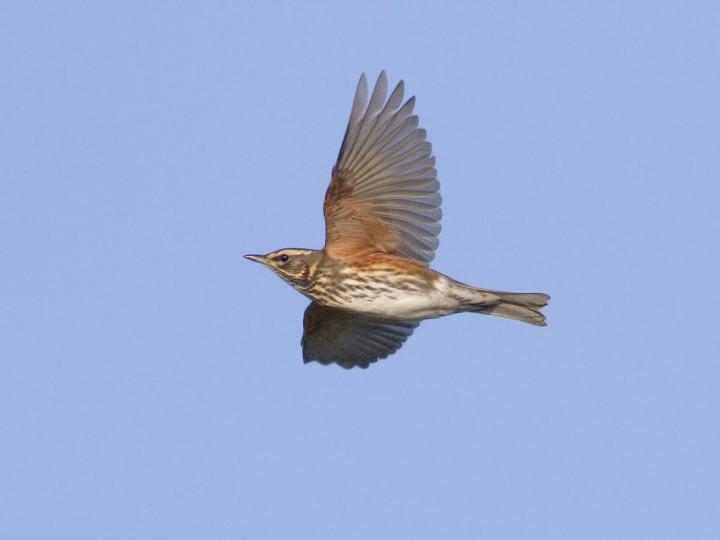
Credit: Tim Jones
When investigators in the UK recorded the calls of migratory birds called thrushes at night, they found that call rates were up to five times higher over the brightest urban areas compared with darker villages.
The findings, which are published in Ibis, provide support to previous and ongoing research indicating that artificial light at night affects migratory birds.
“We harnessed the respective strengths of citizen science, passive acoustic monitoring, and machine learning to gather evidence of the impact of artificial light at night on migratory birds,” said corresponding author Simon Gillings, PhD, of The British Trust for Ornithology. “Finding that even modest urban areas without high-rise buildings can influence migration highlights the need for improved management of urban lighting.”
###
Media Contact
Wiley Newsroom
[email protected]
Related Journal Article
http://dx.




